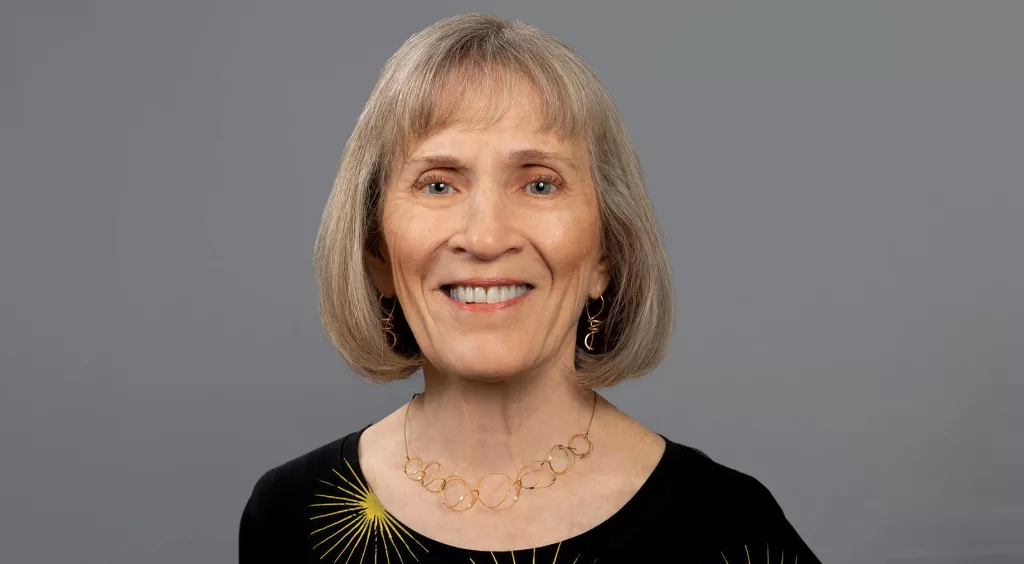Goldin Girl: Putting Women’s Rights on a Level Footing
Claudia Goldin is a champion of economic equality for both genders…
Claudia Goldin’s name evokes an unshakable commitment to increasing our understanding of gender equality in the workplace.

Claudia Goldin
This distinguished American economic historian, born in 1946 in the Bronx, New York, dedicated her career to shedding light on the varied historical and current restrictions on women’s economic engagement.
Goldin’s intellectual journey led her to Cornell University, where she discovered an interest in economics. Following her Bachelor’s degree, she went to the University of Chicago, where she received a Master’s and a Doctorate in economics. She developed a strong interest in labour economics – and the changing role of women in the workplace.
After completing her PhD, Goldin pursued a career that included teaching and research. She earned professorial positions at Princeton University and the University of Pennsylvania, and joined Harvard University in 1990 as the first woman to be granted tenure in the economics department.
Goldin’s research dug into the complexity of women’s historical position in the job market. Her research methodically documents their increased workforce involvement, as well as the long-standing obstacles they face.
In her book Understanding the Gender Gap: An Economic History of American Women, Goldin investigates how advances in technology, education, social standards, and public regulations have altered female job opportunities. She explains how the intricate intersections of job and family life influence the female labour force.
Goldin holds that the modern gender gap must be viewed through a historical lens. By examining women’s economic advancement over time, she exposes the interaction of social and economic forces and patterns that continue to impact the current landscape.
Her study, which focuses on the US, demonstrates the considerable economic achievements that have been made, particularly in the latter half of the 20th Century, while acknowledging the difficulties and limits that persist. Her work calls into question the idea of a straight path to equality, showing persistent barriers that women must confront.
One of the major contributions Goldin has made to economic debate is the concept of flexibility. She observes that many occupations are designed to disfavour women who have caring obligations. Her work advocates for a rethinking workplace practices, with more flexibility and fewer regulations.
Goldin is a prolific writer, having written numerous books, essays, and articles. Her scholarly contributions have earned her a number of awards and honours, including the IZA Prize in Labour Economics, the BBVA Foundation Frontiers of Knowledge Award in Economics, and the Society of Labour Economists’ Mincer Award for lifetime contributions. Her election as president of the American Economic Association in 2013 cemented her position as one of the world’s leading economists.
Goldin received the Nobel Memorial Prize in Economic Sciences in October 2023, the third woman to receive it – but the first to receive this it “alone”.
Claudia Goldin’s legacy will go beyond her specific contributions to the subject of economics. She has inspired generations of aspiring economists, especially women, by demonstrating the power of intellectual rigour – and the importance of applying economic analysis to social challenges.
You may have an interest in also reading…
Otaviano Canuto, IMF: China’s Spill-Overs on Latin America and the Caribbean
The Chinese economy is rebalancing while softening its growth pace. China’s spillovers on the global economy have operated through trade,
UN Reports Potential for Gradual Return to Global Growth, Foresees Risks, Uncertainties
Global economic growth is forecast to continue increasing over the next two years, the United Nations reported today, despite legacies
Evan Harvey, Nasdaq: Emerging Markets Leverage ESG Strategy
Over the last decade, emerging market exchanges (EMEs) have outperformed the rest of the world in a few key ways

















































































